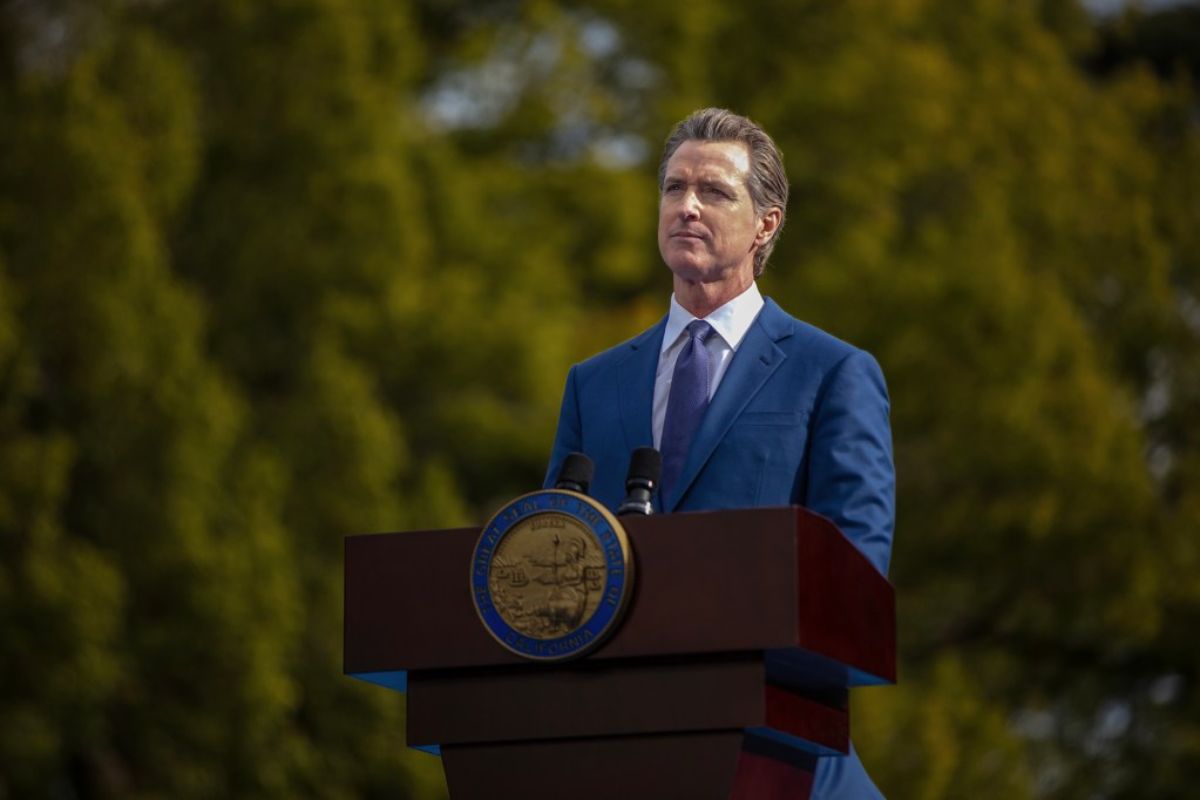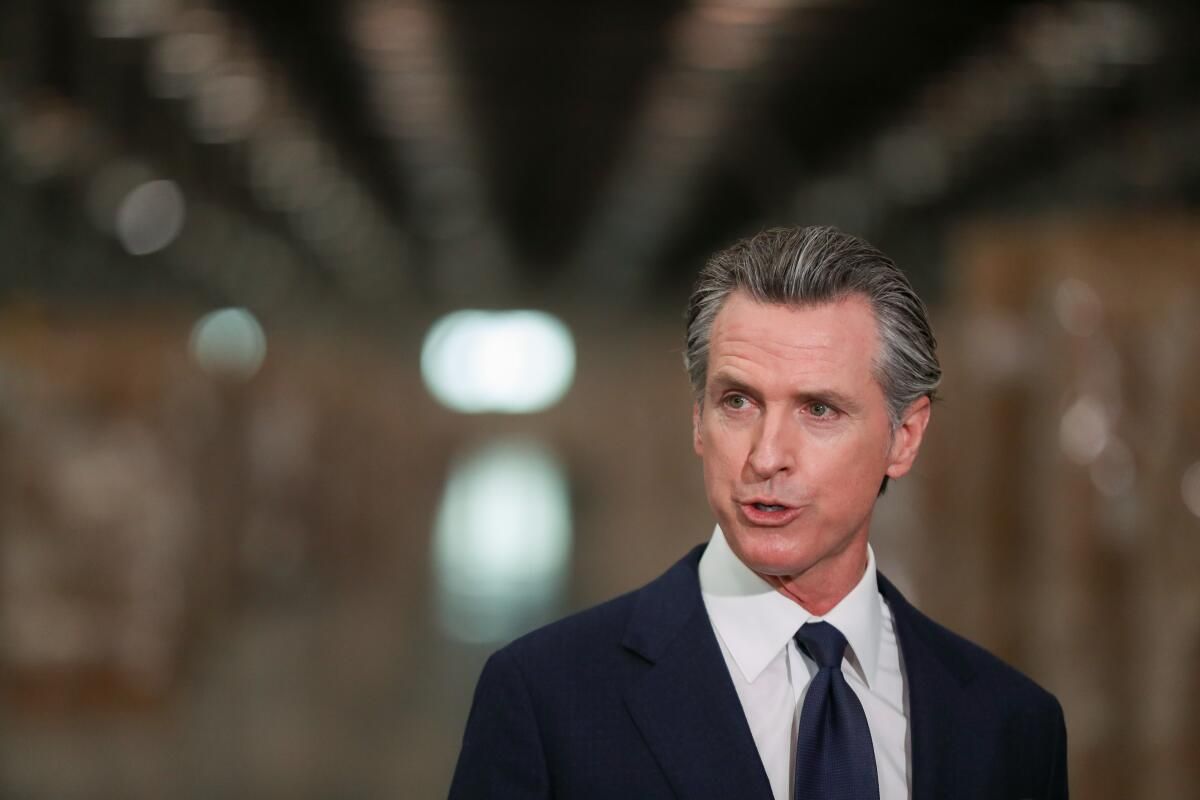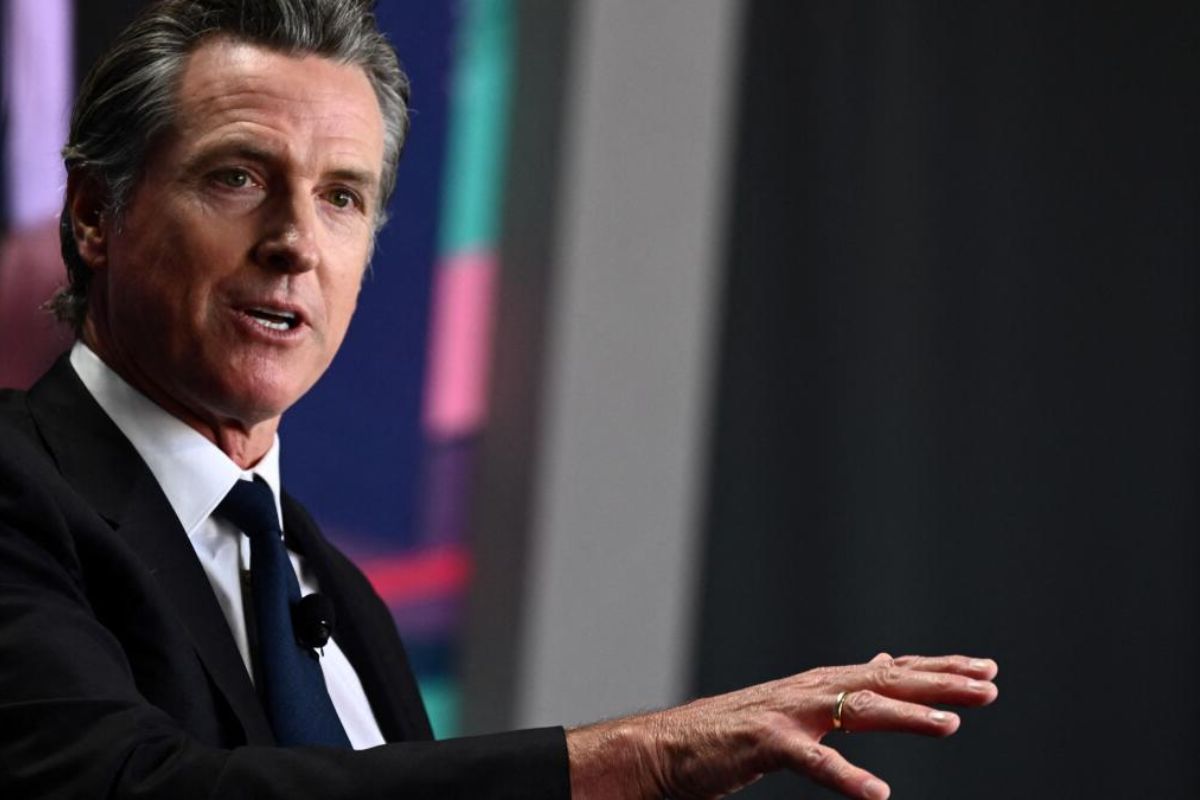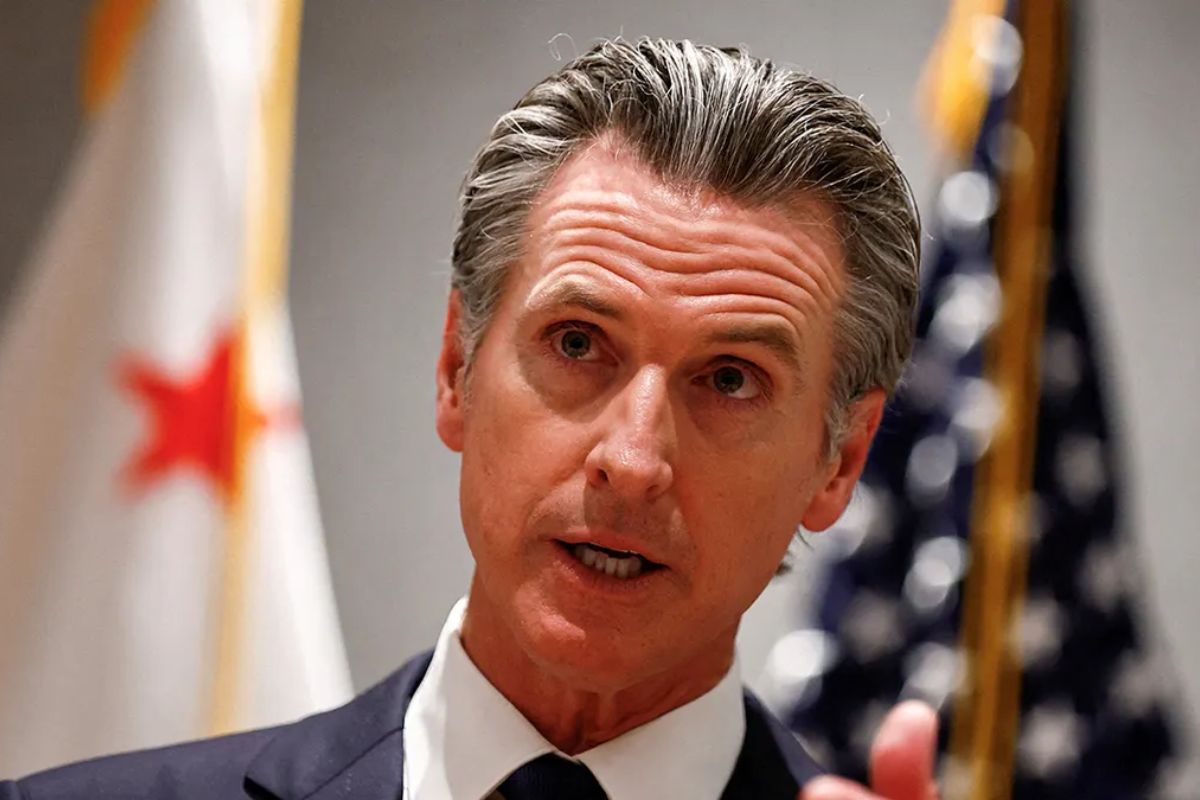Gavin Newsom Bold Move: California Governor Gavin Newsom recently made a bold move that has sparked significant debate and interest across the state. His decision comes at a crucial time when California’s mental health system is facing unprecedented challenges, with many questioning the effectiveness of current policies.
With his latest initiative, Newsom is aiming to address longstanding issues and implement reforms that could potentially reshape the landscape of mental health services in the state. The implications of his actions are far-reaching, leaving many to wonder about the potential outcomes and whether this move will be a game-changer in the realm of mental health advocacy and policy-making.
Key Takeaways
- Shift towards community-based care for mental health
- Increase in funding for mental health services
- Emphasis on coordination between agencies
- Focus on supporting homeless and impoverished populations
Historical Background: California’s Mental Health System Evolution
California’s mental health system has undergone a significant evolution since the establishment of the Insane Asylum of California in Stockton shortly after the state’s inception in 1850. Initially, the focus was on providing care for individuals deemed mentally ill, leading to the establishment of 12 state hospitals by 1959.
However, these facilities came under scrutiny for their treatment methods, sparking a wave of reform efforts. The criticism surrounding the state hospitals highlighted the need for a more humane and effective approach to mental health care in California. This period marked a turning point in how society viewed and treated individuals with mental illnesses.
The push for reform led to significant changes in the state’s mental health system, setting the stage for future advancements and improvements. The evolution of California’s mental health system reflects a broader societal shift towards a more compassionate and evidence-based approach to addressing mental health challenges.
Lanterman-Petris-Short Act: A Controversial Turning Point
The Lanterman-Petris-Short Act (LPS) of 1967 marked a pivotal moment in reforming mental health care in California under Governor Ronald Reagan’s administration.
Intended to shift the focus from institutionalization to community-based care, the LPS aimed to reduce hospital populations by ensuring that only individuals who posed a danger to themselves or others could be involuntarily committed.
Despite these noble intentions, the act faced significant challenges. One of the primary criticisms was the lack of funding allocated for community-based treatment facilities. This led to closures of state hospitals without the necessary infrastructure to support those transitioning back into society.
Consequently, many individuals with mental health issues found themselves without adequate care or support, exacerbating their conditions and creating a revolving door scenario within the system.
The LPS, although controversial, highlighted the complexities of mental health reform and the importance of comprehensive planning and funding to ensure successful implementation.
Proposition 63: A Financial Boost for Mental Health Services
Proposition 63, a groundbreaking initiative passed by California voters in 2004, has significantly bolstered funding for local mental health services through an additional tax on high incomes. Sponsored by Darrell Steinberg, this proposition has been instrumental in injecting billions of dollars into mental health services over the last two decades. The additional tax on high incomes has provided a stable and substantial source of funding for various mental health programs, benefiting individuals in need of support across the state.
The financial boost brought about by Proposition 63 has enabled the expansion of mental health services, including crisis intervention, therapy, and prevention programs. This influx of funds has allowed for the establishment of new mental health facilities, the hiring of more mental health professionals, and the development of innovative treatment approaches. As a result, communities throughout California have seen improved access to quality mental health care, leading to better outcomes for individuals grappling with mental health challenges. Proposition 63 stands as a testament to California’s commitment to prioritizing mental health and providing essential services to those in need.
Current Crisis and Governor Newsom’s Reforms
Despite the financial injections fueled by Proposition 63, the persistent challenge of untreated mentally ill individuals, particularly within the homeless population, has prompted Governor Gavin Newsom to spearhead critical reforms aimed at addressing the current crisis. Newsom’s reforms include the following:
- Expansion of Mental Health Services: Newsom has proposed expanding mental health services to reach more individuals in need, especially those who are homeless or living in poverty.
- Implementation of Community-Based Programs: The governor is focusing on implementing community-based programs that provide support and resources for individuals struggling with mental health issues.
- Enhanced Coordination Between Agencies: Newsom is working towards enhancing coordination between different agencies responsible for mental health services to ensure a more streamlined and effective approach to addressing the crisis.
These reforms reflect Newsom’s commitment to tackling the complex issue of untreated mental illness and providing support to those who need it most.
Also Read: California New Solar Superstar Reigning World’s Largest!
Proposition 1: Newsom’s Second Move Sparks Controversy
Governor Gavin Newsom proposed Proposition 1 has ignited controversy due to its aim to increase the state’s allocation of Prop. 63 funds from 5% to 10%. This move has raised concerns among counties, with opponents arguing that it may disrupt patient care by reallocating funds and shifting the focus away from treatment towards housing and education initiatives.
The measure, featured on the March 5 ballot, also includes a provision for $6.4 billion in bonds to fund mental health treatment facilities and housing. To gain support, the proposition emphasizes aiding veterans, a targeted approach meant to resonate with voters.
While Newsom’s intention is to bolster mental health services, critics worry about the potential unintended consequences of diverting resources from essential treatment programs. The proposition’s controversial nature lies in its ambitious restructuring of funding priorities within the mental health sector, highlighting the delicate balance between expanding services and ensuring current patient care standards are maintained.
Conclusion Of Gavin Newsom Bold Move
Governor Newsom’s recent actions in reforming California’s mental health system have sparked both praise and criticism. With a history of legislative changes and financial boosts, the state’s mental health services have seen significant evolution.
However, Newsom’s latest move with Proposition 1 has raised concerns and controversy. As the debate continues, it is clear that the future of mental health care in California remains a complex and evolving issue.




